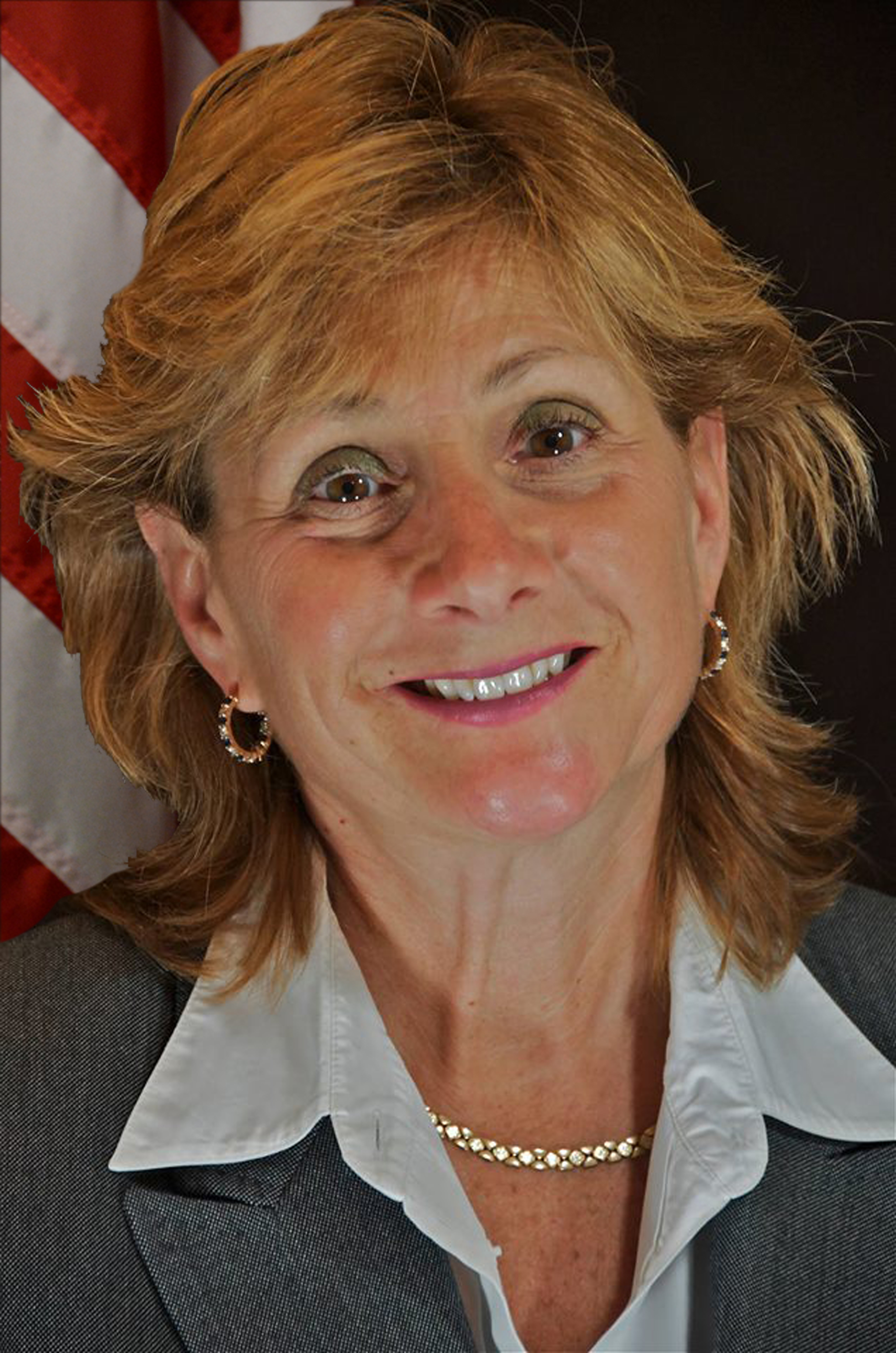OpEd: Sustainable future demands offshore wind, not ocean oil drilling
By Guest | Wednesday, 20 April 2022 By Sen. Dawn Euer
By Sen. Dawn Euer
April 20 marked 12 years since the BP Deepwater Horizon explosion and oil spill. The disaster released over 200 million gallons of oil into the Gulf of Mexico making it the largest marine oil spill in history. Its legacy includes more than $500 million in losses to the recreation industry, $1 billion of losses to the seafood industry, and a 4-8% decrease in the regional housing market. For years after, the spill continued to affect marine wildlife in the region.
While this tragedy was monumental in its size and devastation, oil spills are not rare events. They are continuously happening across the country. While separated by invisible jurisdictional lines, we all share one ocean, so an oil spill anywhere is an oil spill everywhere. That’s why, as the Ocean State, we must do everything we can do to protect our coasts, wildlife, and economy.
The federal government has demonstrated a renewed commitment to climate change, science, and equity, however, it has also continued to auction off acres of the U.S. coast for drilling without considering the greenhouse gas emissions that could result. In the face of uncertainty, states are leading the way, not just in banning and restricting offshore drilling, but in transitioning our energy towards clean renewable energy.
In 2019, I stood with legislators from eight other states working on coordinated action to ban offshore drilling. Since then, ten states have banned or restricted drilling.
As we continue to move away from offshore drilling, we must look toward the promises of offshore wind. The transition to clean renewable energy is essential in our fight against climate change. Offshore wind offers us an incredible opportunity to do that.
In the past few years, we’ve seen a surge of interest and opportunities around offshore wind. The latest federal lease auction in February in the New York Bight was the most successful in U.S. history. And not just for offshore wind auctions, but including the oil and gas industry. Offshore wind is our future and the future is now.
We’re in the critical decade for climate action. The climate crisis demands that we promptly cut greenhouse gas emissions and transition our energy to renewable and clean sources. Offshore wind offers us an opportunity to mitigate climate impacts, protect human health, and conserve our ocean. This transition is larger than just the action of one state. It can only be achieved through a whole of government approach, coordination between states, and critical collaboration with communities. That’s why I’m part of the Coastal Working Group through the National Caucus of Environmental Legislators.
This group brings together coastal legislators with a focus on ocean climate policy ideas, strategies, and lessons learned. Through this group, I’m working with northeastern legislatorsto ensure our transition to offshore wind helps to meet ambitious climate goals. We must make sure that this development is done responsibly while taking into consideration workers, fisheries, local supply chains, and marine wildlife protection.
This year, I introduced S.B.2583. This bill incentivizes regional coordination and requires that the distribution company request proposals for the development of 600 new megawatts of offshore wind by August 2022. It also sets requirements for bidder proposals, including environmental and fisheries mitigation plans, a diversity, equity and inclusion plan, and employment and domestic supply chain considerations.
With states committing to a transition away from fossil fuels and toward clean renewable energy, I know we have what we need to take action on climate and protect our oceans from future disasters.
While this week we remember the tragedy of Deepwater Horizon, I stand hopeful and optimistic about the future of our ocean. I’m proud of the work the Ocean State and all coastal states are doing to not just prevent future disasters, but to improve the health of our coasts, wildlife, and create a thriving coastal economy for generations to come.
Sen. Dawn Euer (D-Dist. 13, Newport, Jamestown) is chairwoman of the Senate Environment and Agriculture Committee.

 By Sen. Alana DiMario and Rep. Terri Cortvriend
By Sen. Alana DiMario and Rep. Terri Cortvriend By Rep. Deborah Ruggiero
By Rep. Deborah Ruggiero By Rep. Deborah Ruggiero
By Rep. Deborah Ruggiero
 COVID-19 has been the most convincing argument for Rhode Island to invest in high-speed internet, or dedicated broadband. Whether for remote working from home, distance learning or telehealth, broadband access must be reliable, fast and affordable. You wouldn’t buy a house or relocate your business without access to water or electricity. High-speed internet in a 21st economy is a necessary utility (although Rhode Island state law preempts any regulation of internet or telecoms- a story for later).
COVID-19 has been the most convincing argument for Rhode Island to invest in high-speed internet, or dedicated broadband. Whether for remote working from home, distance learning or telehealth, broadband access must be reliable, fast and affordable. You wouldn’t buy a house or relocate your business without access to water or electricity. High-speed internet in a 21st economy is a necessary utility (although Rhode Island state law preempts any regulation of internet or telecoms- a story for later). The COVID-19 pandemic has hit hardest the areas and populations that were already struggling, since they had the fewest resources for adaptation and safety. We’ve seen the outsized effects on the poor and on minorities. Another group that it has been disproportionately hurt is adults with intellectual/developmental disabilities (I/DD).
The COVID-19 pandemic has hit hardest the areas and populations that were already struggling, since they had the fewest resources for adaptation and safety. We’ve seen the outsized effects on the poor and on minorities. Another group that it has been disproportionately hurt is adults with intellectual/developmental disabilities (I/DD).